In the history of our great nation, many men and humans have dedicated their lives and sacrificed a lot to see the county grow into the nation we have today. Some died for the cause, many lived for the cause and many more passed it unto their children. The female heroes in particular have fought a hard battle, having to fight both against foreign and domestic oppression. The lives and achievements of some of these women are outlined below.
Top Female Heroes in Nigeria
1. Funmilayo Ransome-Kuti
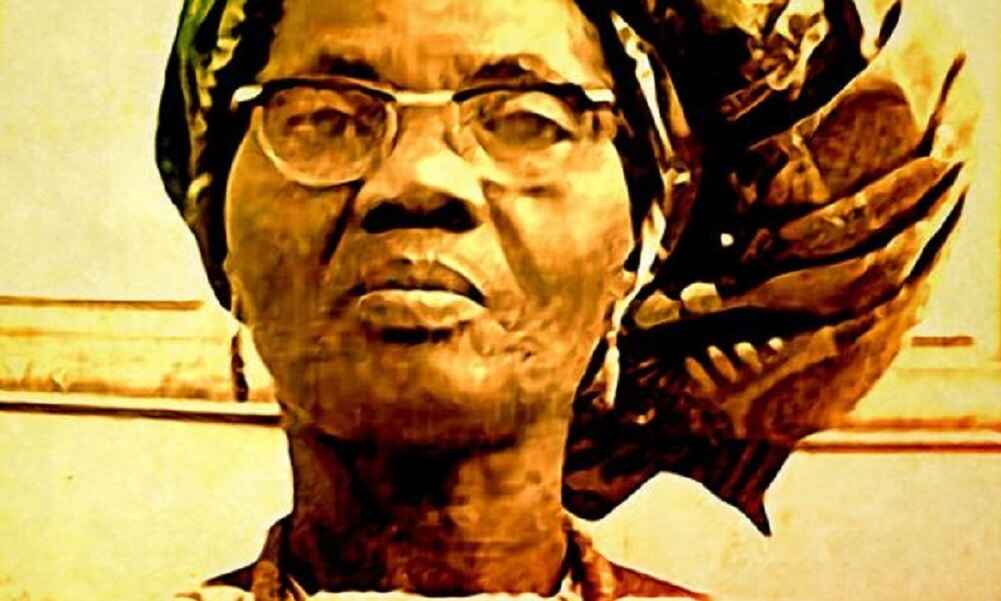
Chief Funmilayo was an educator, a political campaigner, a human rights activist, a suffragist, and many more. She led women in the pursuit of their legal rights. In a time where being a woman was punished, she established several organizations including the Abeokuta Women’s Union for Advocation of Women’s Rights. She protested against unfair high taxes imposed on the Abeokuta market women and used to gather large groups of women (Over 10 000) in a demonstration to acquire basic human rights. She acted as a source of support for both literate and illiterate women and arranged education for lower-income women. In her later years, she supported her son, Fela Kuti’s, criticism of the Nigerian Military Government.
Chief Funmilayo’s accolades include a Lenin Peace Prize and her title as the ‘Lioness of Lisabi’. She is also remembered as the first feminist in Nigeria and the first woman to drive a car in Nigeria.
2. Amina of Zazzau
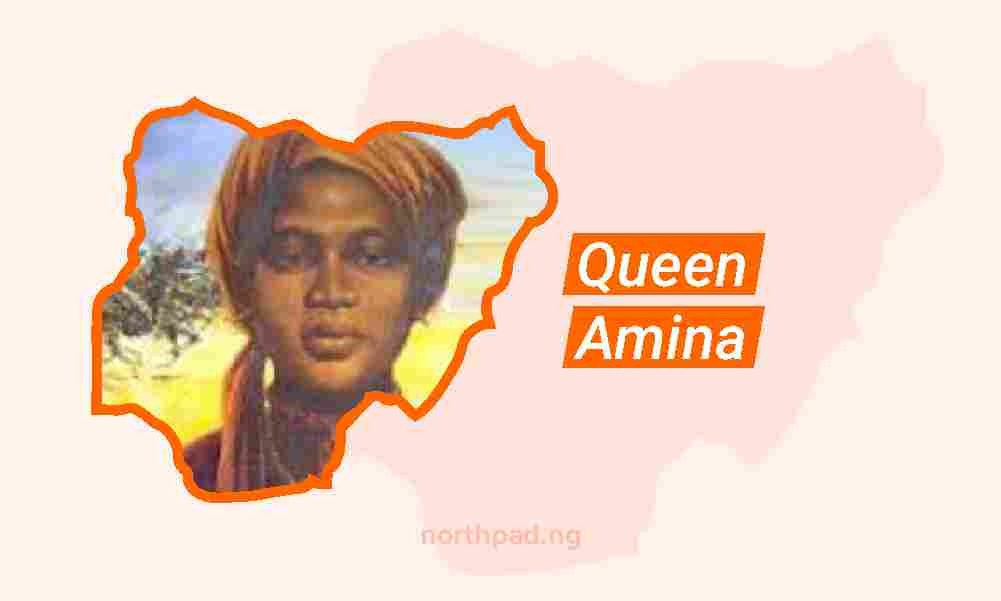
Amina of Zazzau (now Zaria) was born in the mid-16th century into the royal family. Her father, King Nikatau, was the 22nd King of Zazzau and her mother was Queen Bakwa of Turunku. She had two siblings. A brother by name, Karami, and a sister, Zaria, for whom the city is now named.
After the death of their father, Karami ascended the throne in 1566. It was then she earned a place for herself as a leading warrior in her brother’s calvary. She was celebrated as a woman who led men into the battlefield. She was a notorious warrior.
3. Queen Moremi
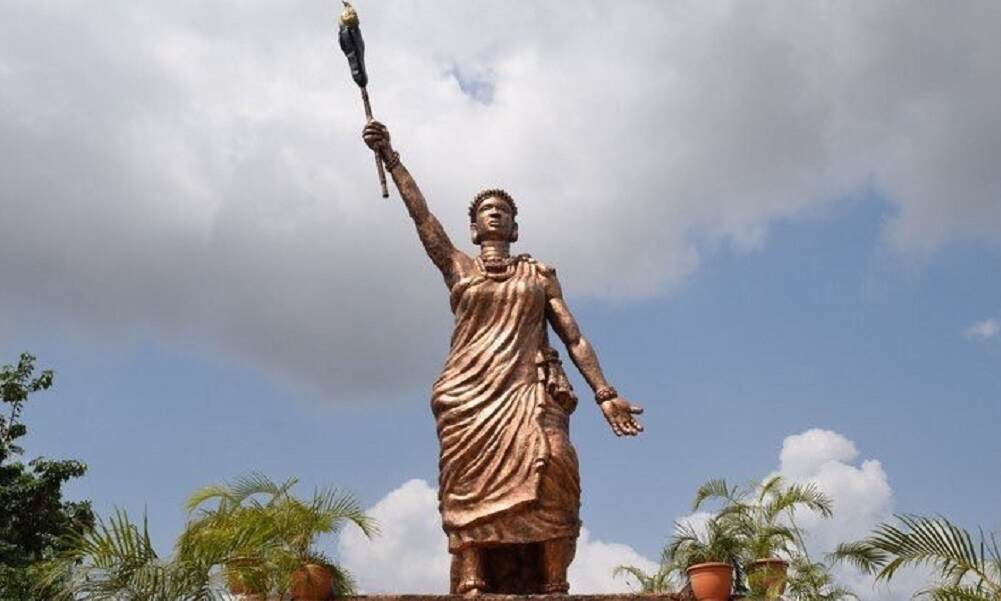
Moremi Ajasoro was born in the 12th century in Offa. She was a legend who was married to Oranmiyan the son of Oduduwa who was the founder and the first king of the Yoruba land. Much of her legacy has been gotten from folktales.
In Ife at the time, there was great oppression as the people called ‘Forest people’ or Igbo in the Yoruba dialect were taken scores of the people of Ile Ife as slaves. The land was also forced to pay tribute. The people of Ile Ife were not happy about this but had to comply. This was because they saw these Igbos as spirits.
Moremi paid a visit to the spirit of the river Esimirin and pledged to give her any sacrifice if she was allowed to discover the weakness of her nation’s enemies. After this, she allowed herself to be captured by the Igbo people who took her as a slave for the king. Upon seeing her, the king fell in love with her, and soon, due to her sharp mind and Esimirin’s help, she earned the trust of the King and his people. Due to this, she learned their weakness. Since they were covered in Ekan grass and bamboo fibers, they were very flammable. With this knowledge, she escaped back to her land. Her husband accepted her wholeheartedly and reinstated her as the queen. With her new knowledge, the war was won.
The sacrifice Esimirin demanded was Olurogbo, Moremi’s only son. Although she plead with the spirit, her plea was not heard and she sacrificed her son as promised. This not only broke her heart but the hearts of the people on Ile Ife who consoled her by pledging to be her eternal children. A pledge which was kept.
To this day, she remembered and immortalized several things. The Edi festival is performed every year in several Yoruba states in her honour. There are several structures named after her such as the Moremi High School and resident halls in the University of Lagos and Obafemi Awolowo University. In 2017, the king of Ile Ife built a statue in his palace for her. The statue is the tallest one in Nigeria and the 4th tallest in all of Africa.
4. Nana Asma’u
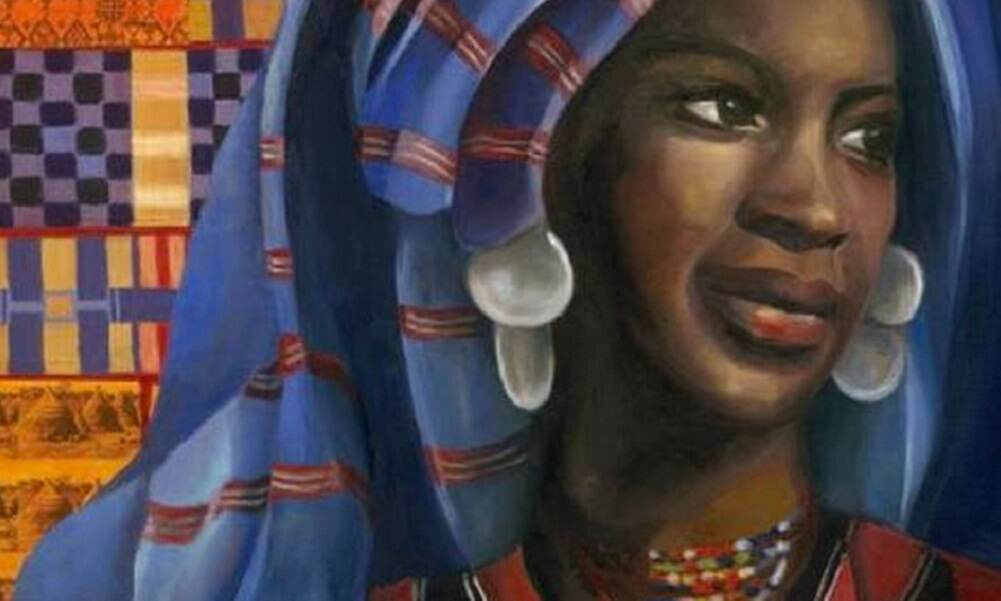
Asma’u was the daughter of Sokoto’s Caliphate Usman dan Fodio. She was a Fulani princess, poet, teacher, and writer. She was also said to be a precursor to modern feminism.
To her and her family, to learn without teaching others was not learning so she devoted her life to educating women. Like many in her family, she was a renowned author and wrote several books and many more poems more than 60 of which survived to this day. One of her works titled ‘Wakar Gewaya’ translating to ‘The song of wondering’ was about the many battles of the Fulani War that she had experienced. The writings in this caliphate, and therefore, her writings, held a high place in the rules of leadership.
She is usually used as an example of the possibility of Muslim women to get an education and be independent. Her legacy continues through her books which are still being used by Caliphates as guidance. In 2019, Governor Tambuwal of Sokoto directed the state ministry of land and housing to provide suitable land for the construction of the Nana Asma’u University of Medical Sciences in Sokoto to be established by the Sultan Foundation.
5. Flora Nwapa
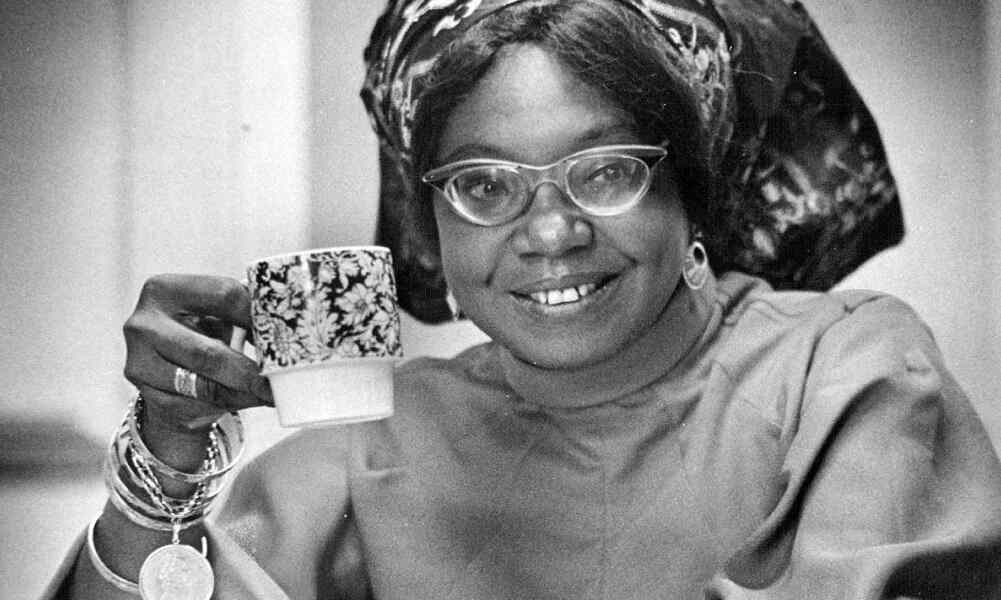
Florence Nwanzuruahu Nkiru Nwapa was a Nigerian author who was titled the mother of modern African literature. Born in Oguta in the southeast part of Nigeria to Christopher Ijeoma and Martha Nwapa, she attended school in Oguta, Port Harcourt, and Lagos. She later went to the University of Ibadan and earned a degree at the age of 16. In 1958, she gained a diploma in education from Edinburg University in Scotland.
Upon returning to Nigeria, she joined the ministry of education in Calabar as an Education Officer. Later on, she started to teach English and Geography at Queen’s School in Enugu. She continued to work in both the educational and civil service sectors of the nation in several different positions.
Her first contributions came after the civil war where she accepted several ministerial roles which she used to take care of the people displaced by the war. She also gained exposure to her first novel Efuru. It was published in 1966 and is considered a pioneering work in the English Language by an African female Writer writing several more novels and many poems based on life as seen from an Igbo woman’s point of view.
Flora also taught at many universities both foreign and local and eventually died of pneumonia at a hospital in Enugu Nigeria on 16th October 1993. She was succeeded by her 3 children.
6. Margaret Ekpo

Chief Margaret was a Nigerian women’s rights activist and a social mobilizer who dared to join politics at a time when it was strictly for men. Born in Creek town in Cross River State. Although she finished secondary school, her father died soon after making her temporarily unable to continue her schooling. It was not until 1996 that she had a chance to further her education in what is now known as Dublin Institute of Technology, Ireland where she studied Domestic Science.
Her political career started with attending meetings for her husband who was against the colonial rules but could not attend the meetings as he was a civil servant. These meetings were organized to address discriminatory practices or colonial administrations. Later, she attended a political rally where she was the only woman. It was at this rally she met the likes of Herbert Macaulay, Nnamdi Azikiwe, and Mbonu Ojike.
Later, she organized the women of Abia to form the Market Women Association. She used this medium to fight for solidarity amongst women. Her political career however ended during the Biafran civil war where she was detained in prison for 3 years.
After the military coup in the first republic, she shied away from politics and eventually retired. The Calabar airport was named for her in 2001.
Unfortunately, she passed away in 2006.
7. Gambo Sawaba
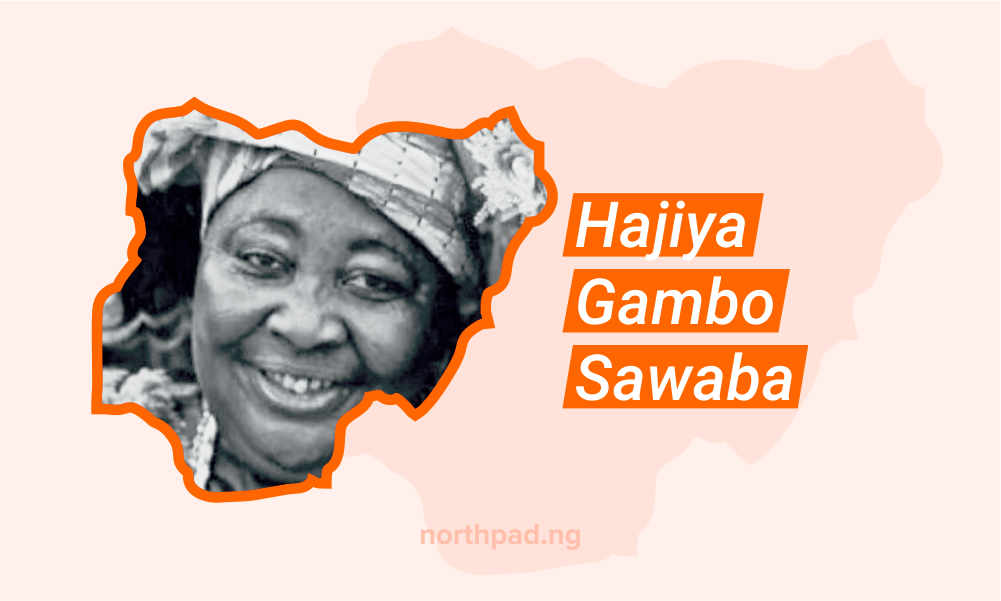
Hajiya Gambo Sawaba was a Nigerian woman rights activist, philanthropist, and politician. Born to Isah Amartefio, a Ghanian immigrant, and Fatima Amartefio, she was the 5th of the couple’s children although she had an elder sibling from her mother’s previous marriage. She was called Hajaratu but since she was birthed after twins, she had the title of Gambo which led to her popularly being called Hajaratu Gambo. She was married off at the age of 13 and her husband abandoned her just after her pregnancy. Subsequent relationships did not work out well.
Sawaba started dabbling in politics at the age of 17 where she campaigned against underaged marriages, forced labour, and also advocated for western education in the North. At the time, the ruling party was the Northern People’s Congress which had the support of many influential personas but opted to join the Northern Elements Progressive Union (NEPU).
Sawaba made a name for herself when she stood up and spoke to a room full of men at a political gathering. This was during the time where her career lead her north. She had Funmilayo Kuti as a mentor and was also popular for fighting for the liberation of women in the North. It is said that Sawaba was not her first name but was given to her by Malam Aminu Kano. It means freedom or redemption.
She was imprisoned more than 15 times for speaking out against underage marriages, unfair taxes etc. Today, a general hospital is named after her in Kaduna and so is a hostel in Bayero University Kano.
8. Ladi Kwali
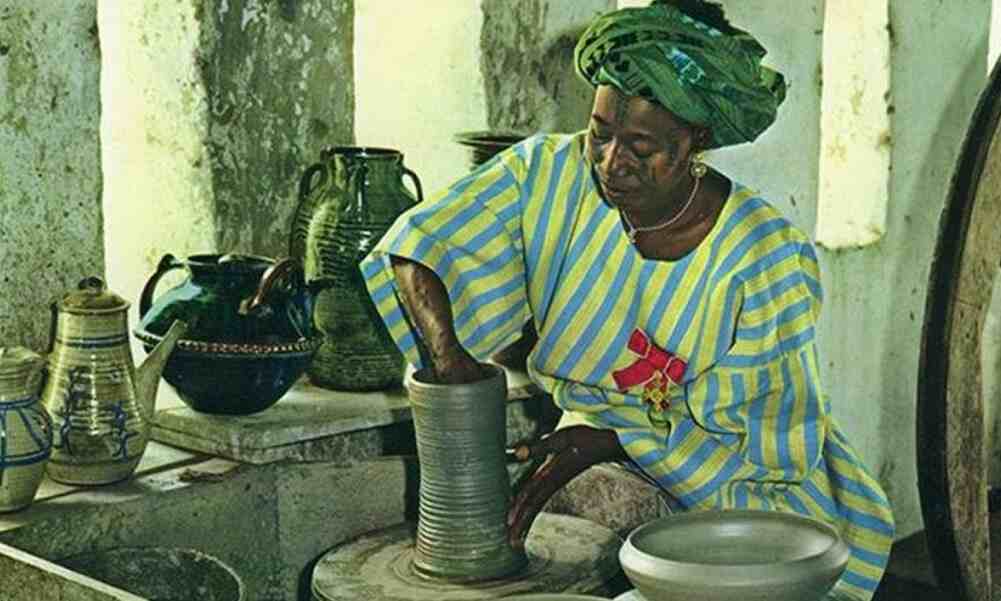
Ladi Kwali was a popular pottery maker. Although she wasn’t involved in politics nor did she participate actively in women’s movements, she brought the spotlight to Nigeria with her talents.
Born in the small village of Kwali, present Kwali Area Council in the Federal Capital Territory, in 1925, she grew up in a family that kept up with the folkloric female tradition of pottery making. The traditional cultural environment moved her to produce pottery pieces that were influenced by the Gbagyi tribe during her early professional years. Her approach to clay (her primary material), had mathematical undertones, made visible by the continuous display of symmetry in her works.
Her works have been seen by many international elites one of whom was Micheal Caldwell who was said to have noticed it at the house of the then, Emir of Abuja, Alhaji Suleiman Barau in 1950. She had won up to 10 awards during her lifetime including an MBE. She dies in August 1984 and is still remembered today by the Abuja Pottery Institute which was renamed Ladi Kwali Pottery in 1980.
9. Balaraba Ramat Yakubu
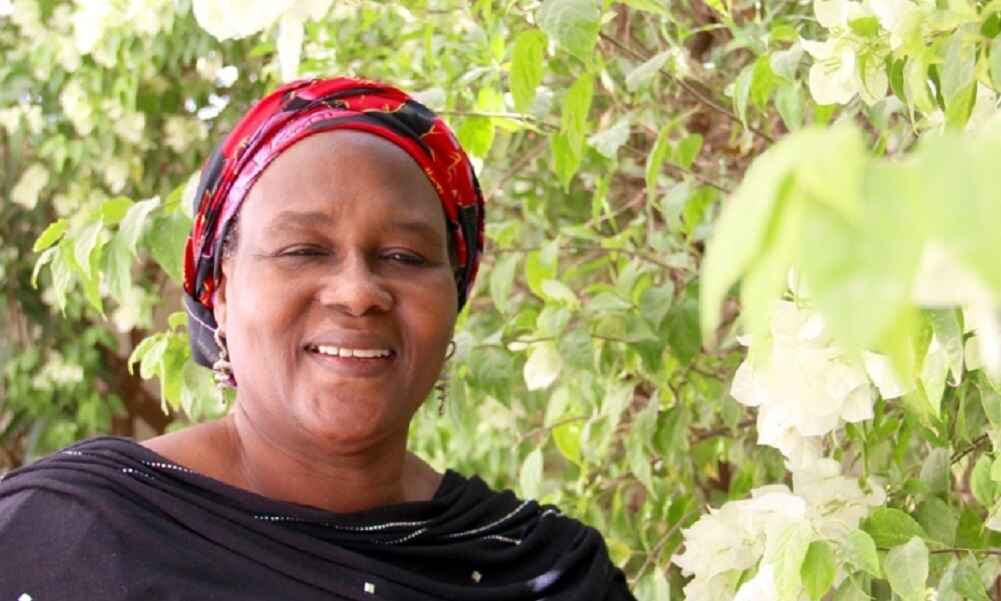
Balaraba Yakubu was a writer who expressed her words in her native language of Hausa. She was a writer of littattafan Soyayya or love literature. Balaraba Ramat Yakubu was one of the few Hausa writers whose words were translated into the English Language and the pioneer of Kano market literature, along with other writers like Bilkisu Ahmad Funtua.
She was born in 1959 as the younger sister to General Murtala Muhammad who served as a military ruler in Nigeria very briefly. The fact that she was forced into an early marriage was the reason she prefers to write in the Hausa script.
At the start of her career, she was the only woman in the Kano Based Writers’ club. Her books have nationwide recognition and some of them have been adapted to the big screens earning up to 10 awards as the praise of critics. Today, there is a prize for Hausa literature that has been named after her.
Conclusion
In the history of Nigeria, there have been many great women. Many have been lost in history and many are not on this list but we appreciate each of their efforts. They make this country the success it is today.
May they all rest in peace.




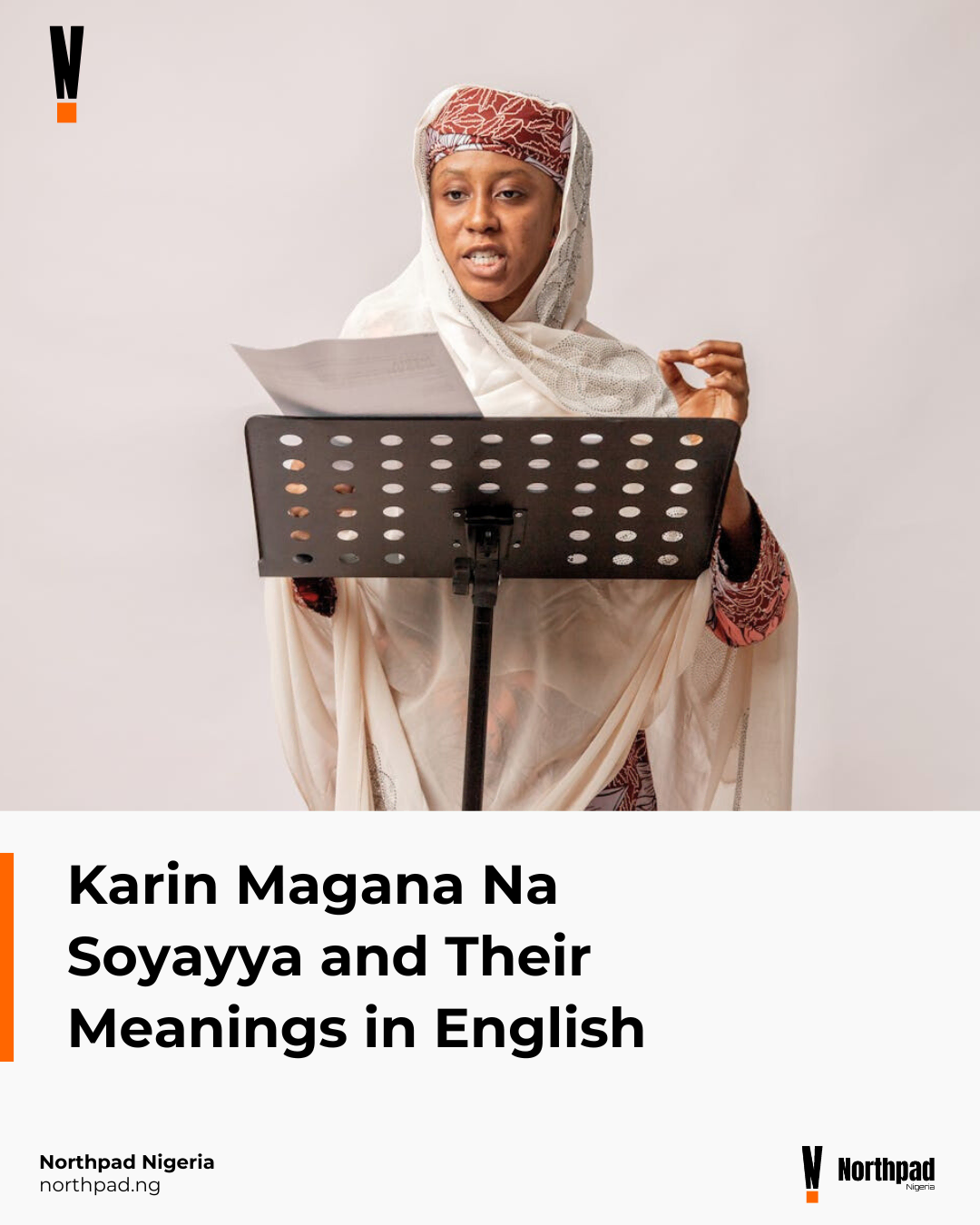
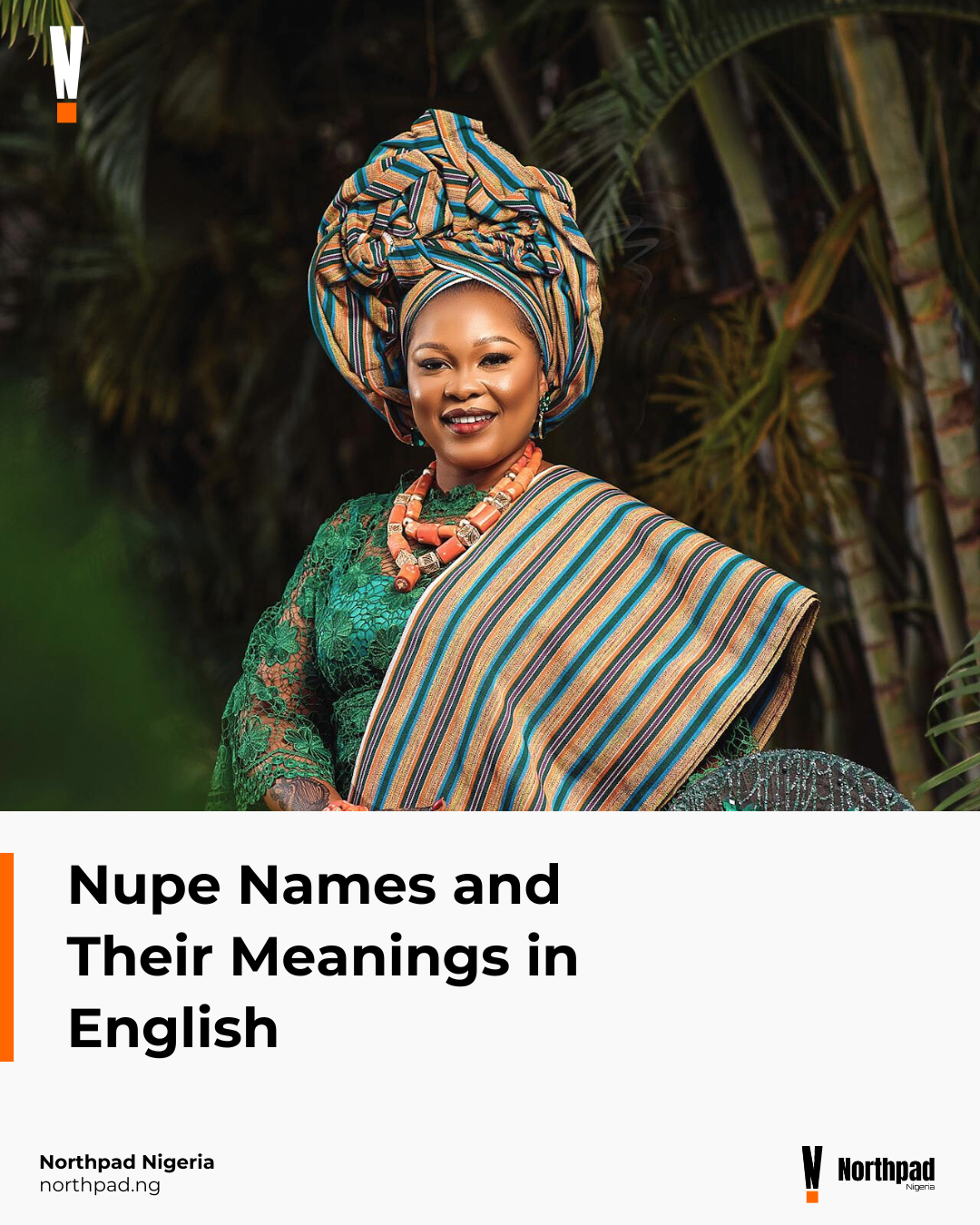
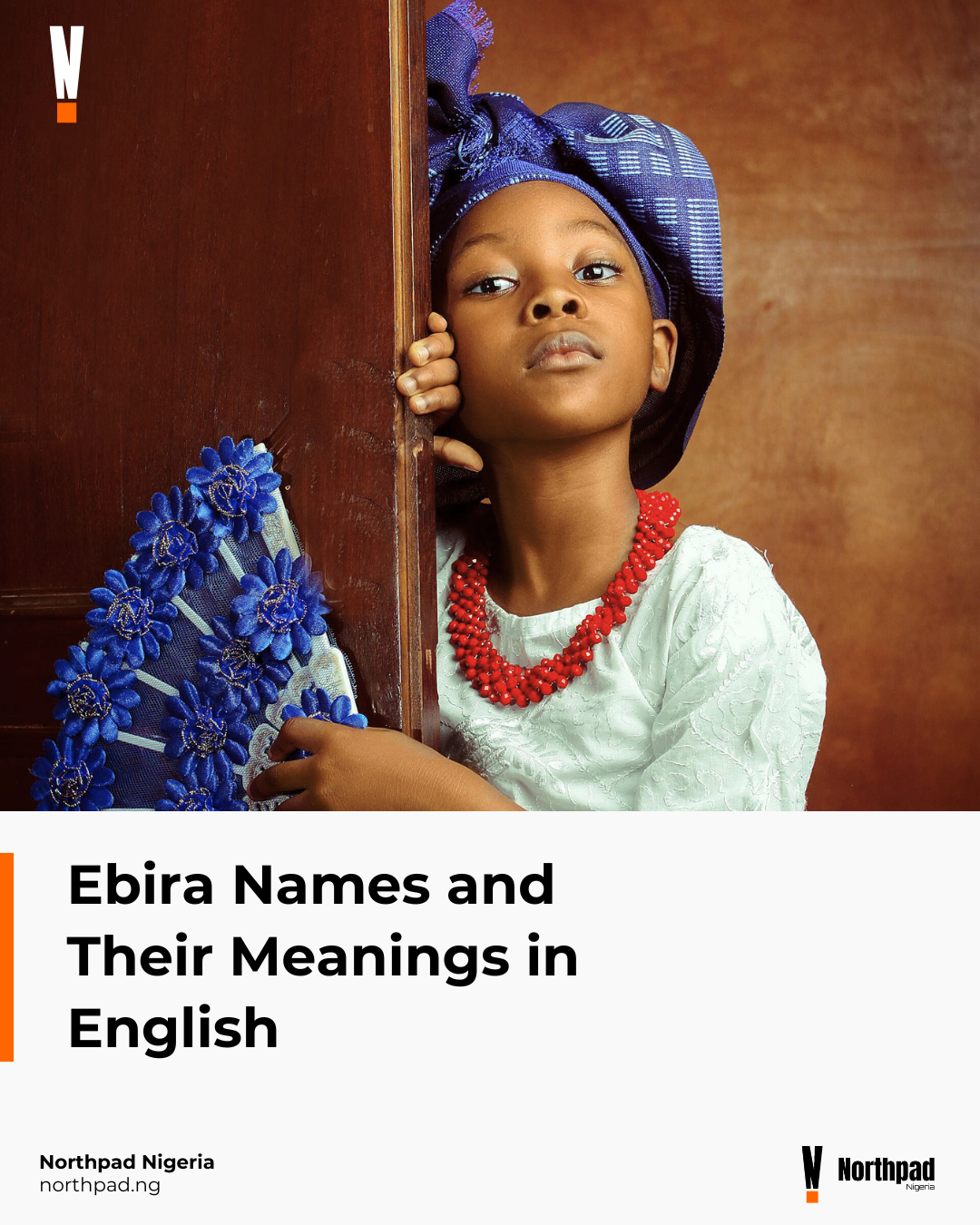
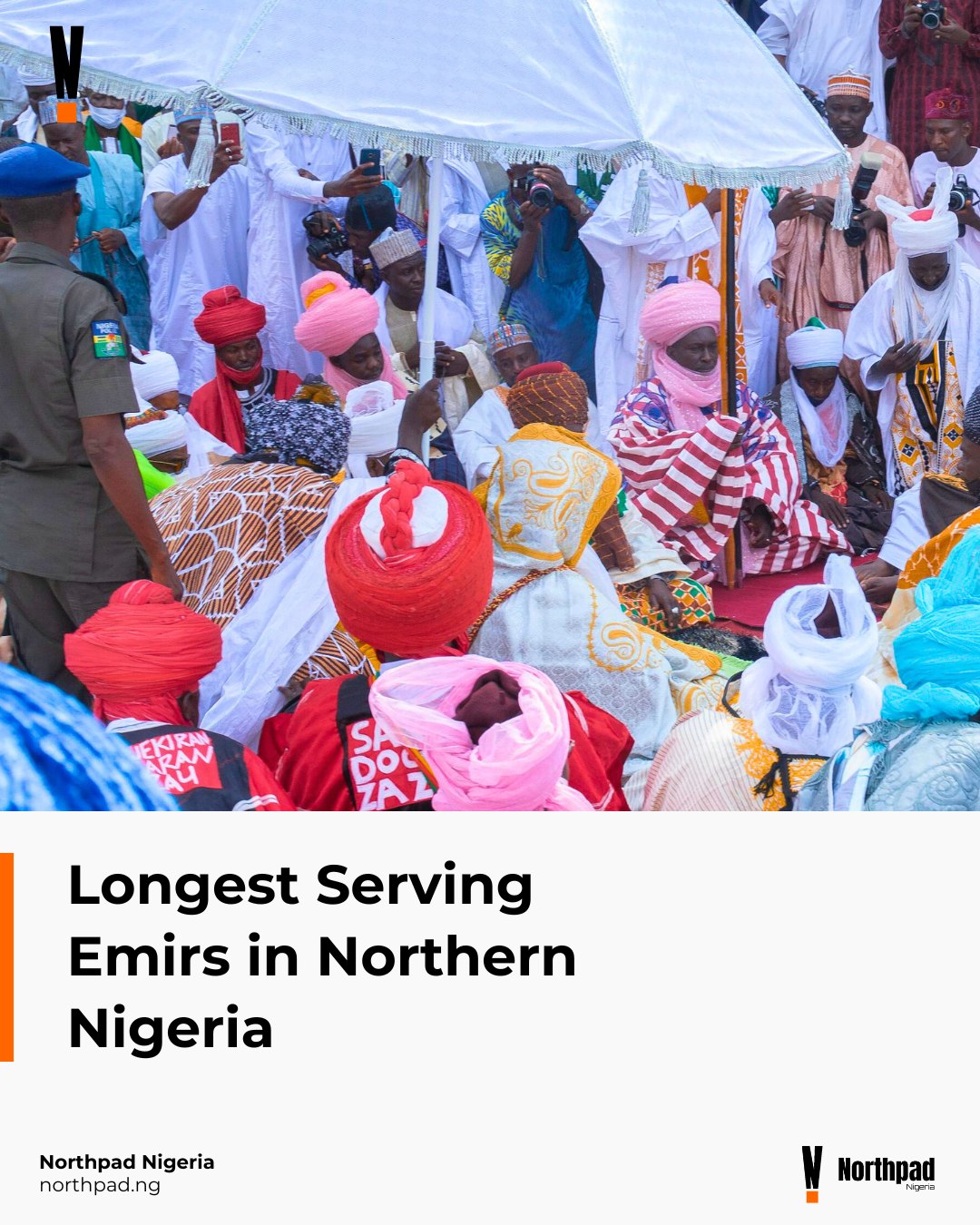
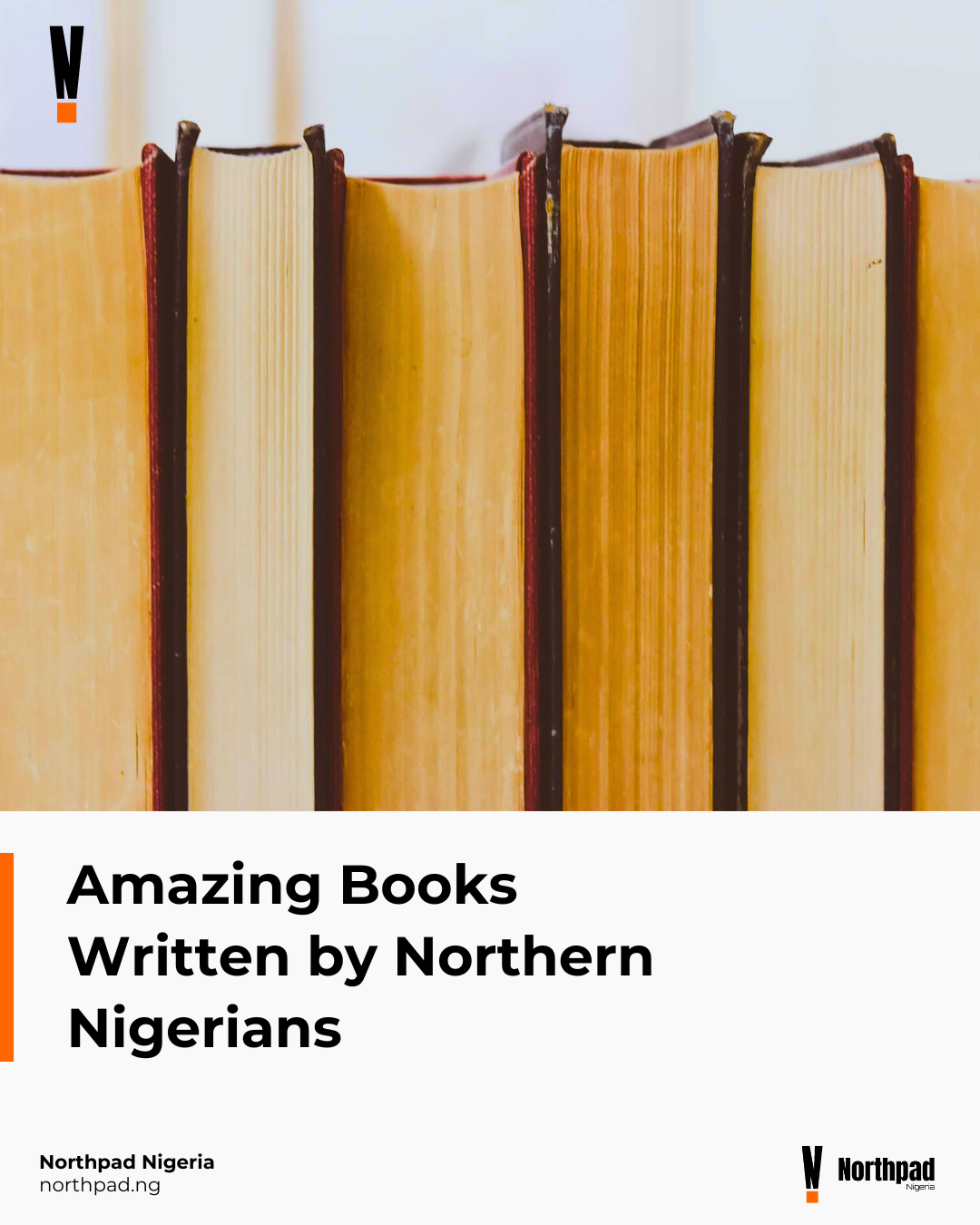

Wow, atleast my time wasn’t a waste😊🤭.I love what I just read.
These women are not just ordinary, they are divine . Their boldness, courage, and the ability to do things right. Gambo sawamba is a legend.Keep your pens up ma cause you are going to write about me soon..